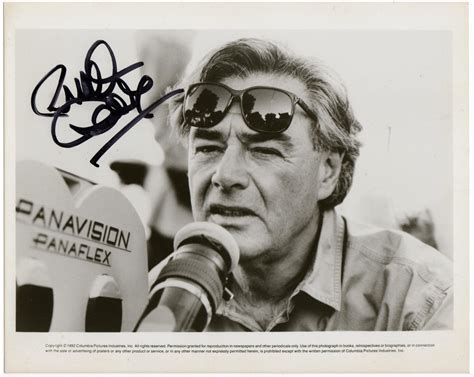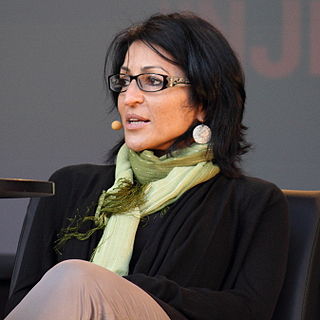A Quote by John F. Kennedy
After visiting these places, you can easily understand how that within a few years Hitler will emerge from the hatred that surrounds him now as one of the most significant figures who ever lived. He had boundless ambition for his country which rendered him a menace to the peace of the world, but he had a mystery about him in the way that he lived and in the manner of his death that will live and grow after him. He had in him the stuff of which legends are made.
Related Quotes
There were times when it appeared to Dorian Gray that the whole of history was merely the record of his own life, not as he had lived it in act and circumstand, but as his imagination had created it for him, as it had been in his brain and in his passions. He felt that he had known them all, those strange terrible figures that had passed across the stage of the world and made sin so marvellous, and evil so full of subtlety. It seemed to him that in some mysterious way their lives had been his own.
That in the winter, seeing a tree stripped of its leaves, and considering that within a little time, the leaves would be renewed, and after that the flowers and fruit appear, he received a high view of the Providence and Power of GOD, which has never since been effaced from his soul. That this view had perfectly set him loose from the world, and kindled in him such a love for GOD, that he could not tell whether it had increased in above forty years that he had lived since.
She stood before him and surrendered herself to him and sky, forest, and brook all came toward him in new and resplendent colors, belonged to him, and spoke to him in his own language. And instead of merely winning a woman he embraced the entire world and every star in heaven glowed within him and sparkled with joy in his soul. He had loved and had found himself. But most people love to lose themselves.
I knew Bill Cunninghamn personally, in the way that most people know him - you don't really know that much about him. So I had never been in his apartment, as most people hadn't. I really had no idea how he lived. I knew he lived in Carnegie Hall, but that was it, and I didn't really understand. I knew that he worked hard, I just didn't realize that that was what he does, that's basically all he does
I kept glancing at him and away from him, as if his green eyes were hurting me. In modern parlance he was a laser beam. Deadly and delicate he seemed. His victims had always loved him. And I had always loved him, hadn't I, no matter what happened, and how strong could love grow if you had eternity to nourish it, and it took only these few moments in time to renew its momentum, its heat? -Lestat
The tent in which she first met him had smelled of blood, of the death she did not understand, and still she had thought of it all as a game. She had promised him the world. His flesh in the flesh of his enemies. And much too late had she realized what he had sown in her. Love. Worst of all poisons.
Do you know, Mother, that Haj Salem was buried alive in his home? Does he tell you stories in heaven now? I wish I had had a chance to meet him. To see his toothless grin and touch his leathery skin. To beg him, as you did in your youth, for a story from our Palestine. He was over one hundred years old, Mother. To have lived so long, only to be crushed to death by a bulldozer. Is this what it means to be Palestinian?
Ruthven surmised that he had hit upon some of the central deceptions which had wrecked him and reduced him and so many of his colleagues to this condition. To surmise was not to conquer, of course; he was as helpless as ever but there was a dim liberation in seeing how he had been lied to, and he felt that at least he could take one thing from the terrible years through which he had come: he was free of self-delusion.
































